MOVIE REVIEW – Two young people, a boy and a girl, fall in love with each other, which is common in Hungarian films nowadays, but here the really original idea is that one of them is dead and the other is a night watchman in a morgue, who is still “dead in love” with the dead girl – who is very much alive at night (along with several other dead people). Or is she just undead? Are we all very confused now? Well, that’s kind of the point of this sci-fi, fantasy, horror and romantic comedy with a special atmosphere…
When director Isti Madarász told us before the press screening of the Halfway Home that he didn’t want to have to compete with the next Avatar film, which will be released next week, we smiled a little, because the idea itself may seem naive: how could a Hungarian film compete with the multi-hundred million dollars American super-production? And while in some ways the Hungarian budget limited the potential of The Gateway, Isti Madarász’s film is an extremely ambitious sci-fi and fantasy horror comedy, exciting in its story and (apart from a few minor bugs) in its visuals, and a romantic story that mixes these genres in a great way, while the overall picture is an original work in Hungarian filmmaking.
Love at first (and then second) blood
Krisztián (Péter Bárnai) and Ági (Vivien Rujder) “meet” in a maternity ward when they are babies, where a tragic natural disaster takes place, and then years later, in a bicycle accident, when they are adults. This encounter is love at first sight for Krisztián, while Ági only agrees to a first date after some persuasion. Meanwhile, Krisztián gets a job as a night watchman at a morgue, where strange things happen: certain dead people ‘come back to life’, namely those who have some ‘unfinished business’ in life. Krisztián’s job is to sort out these cases. (So, if you’re thinking about a career as a night watchman in a morgue, you should think carefully about what other “side” jobs you might have…) And those “undead” who don’t manage to do this will end up in the hands of the cruel, demonic “Boncmaster” (János Kulka), who will steal the souls of the dead during the bloody carnage.
After Krisztián sleeps in a little too late due to all the newness, he misses his date, and Ági boards a bus that suffers a horrific accident, with Ági among the fatalities. The rest, I suppose, you’ve guessed: Ági also ends up in the morgue and Krisztián should have his “affairs” sorted out – assuming he knew what was holding him back. Moreover, our hero is still “dead in love” with the dead Ági, so he wants to do everything he can to bring her back to the world of the living with the help of his witch aunt with special powers and magic.
Galla killed it
As I mentioned in my introduction, The House of the Crossing is a clever and original blend of several genres, although the typically Hungarian romantic thread is not missing. In this respect, the only typically Hungarian film is The Passage House, because it is otherwise innovative in many respects. In addition to the clever mixing of genres, the film is not lacking in humour, which this time Miklós Galla (as the director of the morgue) provides us with his typical, chucklingly wry style. Galla doesn’t appear in the film that much, but every second of it is worth watching, and that’s without even mentioning the film’s other positive aspects.
Because there are plenty of them. Shot in a fairytale Budapest, the film offers a visually exciting, absurd or grotesque world in places, and is not afraid to mix in eras that give the film its unique atmosphere. In the film, for example, Ági boards an antique bus that we have only seen in pictures of the fifties (or in films set or made at that time), while Krisztián tries to puzzle out the Hungarian hit game of the eighties, the Rubik’s Cube. However, the events take place in the present day, in 2022, as we learn in one scene that Ági is 29 years old and was born in 1993…
The only negative thing is that some parts (especially the otherworldly ones) reminded me quite strongly of the cheap (and funny) costumes and costumes of the television shows of the eighties and I think that this was limited by the tight budget, not by the visual ideas of the filmmakers.
“This love is deadly, I need it, I need it so badly…” (Ági and boys)
It would be hard to compare The House of the Crossing to anything else, but it reminded me of more surreal, grotesque Netflix horror series, such as most recently Guillermo Del Toro’s anthology House of Horrors, where the dead also played a central role in several episodes. Romance is definitely a strong motif in The House of the Crossing, so perhaps a hint of “Ghost” (Patrick Swayze, Demi Moore) is involved, only here the living protagonist has a seemingly hopeless love for an undead person rather than a ghost. For those who like stories with a unique style, but still with a strong romantic element, we recommend it!
-BadSector-
Halfway Home
Direction - 7.8
Actors - 8
Story - 7.4
Visuals/Music/Sounds - 7
Hangulat - 7.8
7.6
GOOD
It would be hard to compare The House of the Crossing to anything else, but it reminded me of more surreal, grotesque Netflix horror series, such as most recently Guillermo Del Toro's anthology House of Horrors, where the dead also played a central role in several episodes. Romance is definitely a strong motif in The House of the Crossing, so perhaps a hint of "Ghost" (Patrick Swayze, Demi Moore) is involved, only here the living protagonist has a seemingly hopeless love for an undead person rather than a ghost. For those who like stories with a unique style, but still with a strong romantic element, we recommend it!

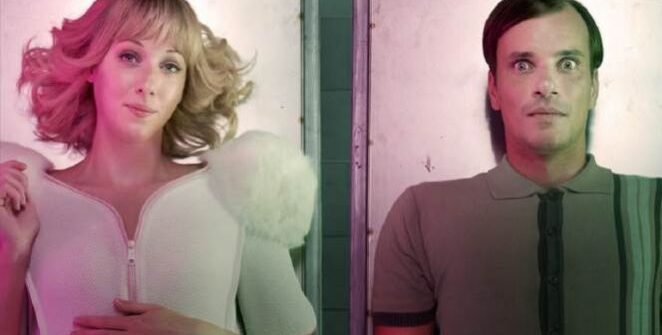
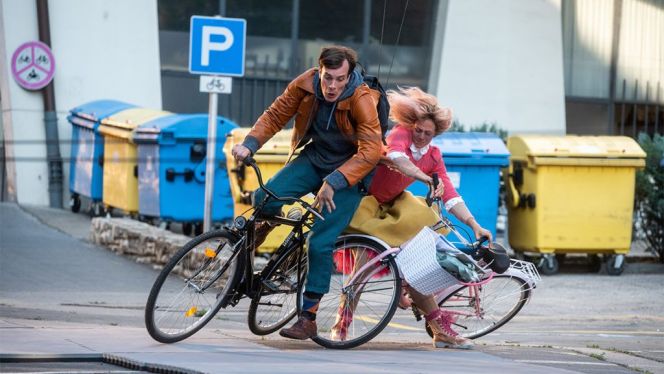
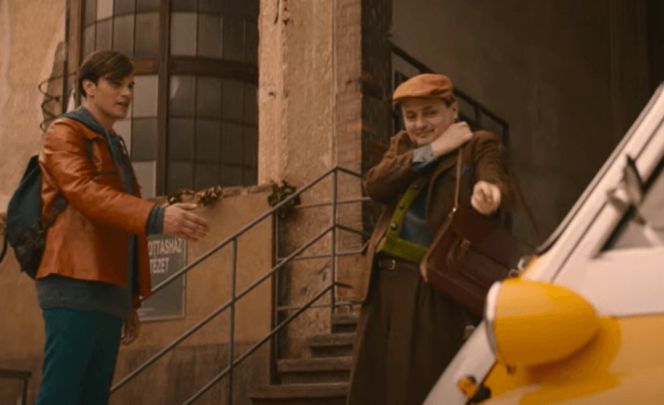
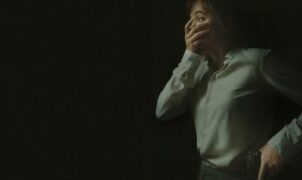
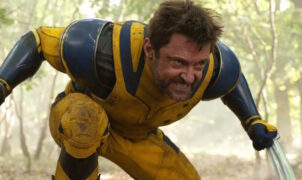
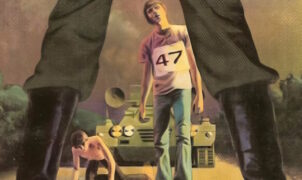



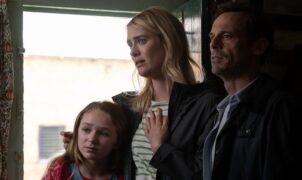



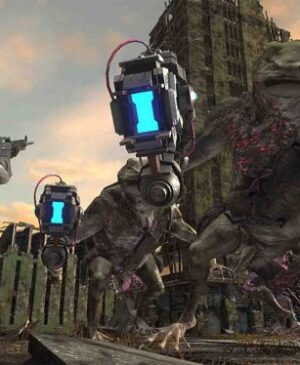


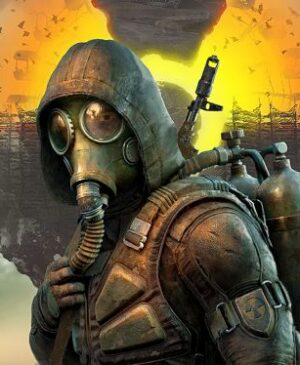
Leave a Reply